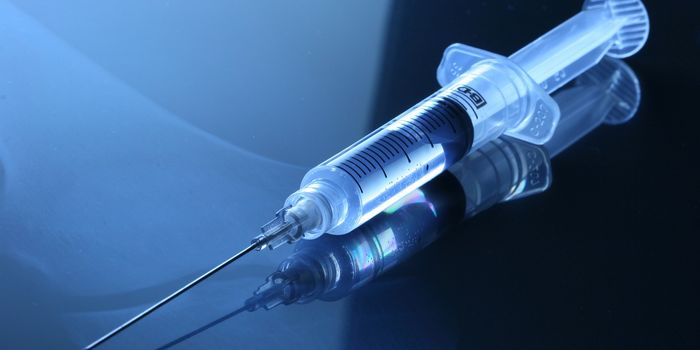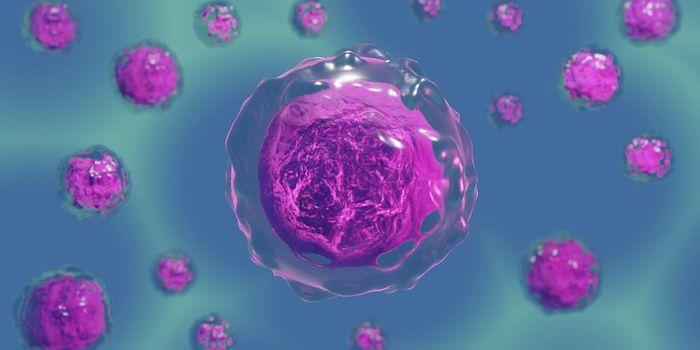A component of the immune system, called the immunoproteasome, is known to be involved in the adaptive immune system, but its role in the innate immune system is still a mystery. What scientists do know, though, is that the immunoproteasome inhibits the alveolar repair function of macrophages.
Regulated by the interleukin-4 (IL-4) pathway, the macrophage repair function is considered an “alternative activation” that requires signaling from IL-4. The immunoproteasome inhibits this IL-4 signaling pathway, inadvertently reducing macrophage repair function. When the immunoproteasome is not disturbing signaling in the IL-4 pathway, it is helping break down proteins in immune cells, a helpful function.
Scientists from the Helmholtz Zentrum Munchen, a partner in the German Center for Lung Research, realized this relationship when they observed alveolar cells lacking an immunoproteasome accessing the repair function successfully in their study published in
Cell Death & Differentiation.
Without the immunoproteasome to inhibit the IL-4 pathway, the macrophages are successfully activated to perform any repair needed in the lungs. When the researchers added a pharmacological immunoproteasome inhibitor produced a similar effect.
"As hypothesized, when we added the inhibitor we observed a significantly stronger alternative activation of the alveolar macrophages," said study leader Tobias Stöger.
The next step for these researchers involves animal studies, where they will recruit immunoproteasome inhibitors to allow enhanced macrophage repair function to improve lung repair.
Source:
German Research Center for Environmental Health









